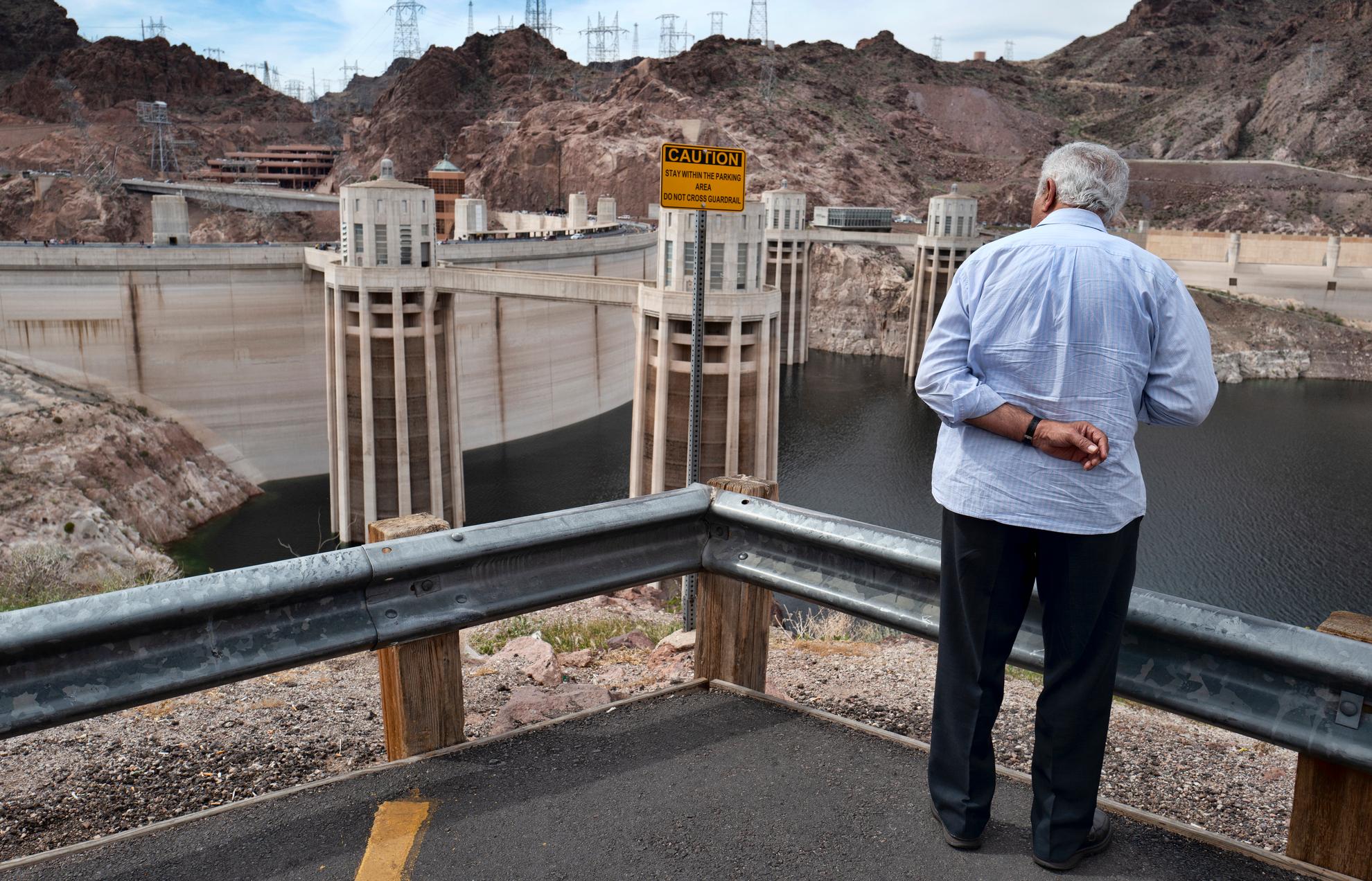
As things begin to dry out again in New Mexico, members of the arid state's congressional delegation are looking for ways to combat water scarcity here and across the American West.
U.S. Sen. Tom Udall is blaming climate change for growing water scarcity. The New Mexico Democrat worries that snowpack in the region is getting smaller and unable to adequately feed the Rio Grande and the rest of the state's groundwater supplies.
He and other lawmakers last week introduced the Western Water Security Act of 2019. They say the goal is to strengthen New Mexico's water infrastructure and focus efforts on conservation and the restoration of water supplies throughout the West.
"Make no mistake about it: we are in the midst of a water crisis in the West," he told the Carlsbad Current-Argus. "Communities in New Mexico and across the country depend on fragile water ecosystems that are struggling to adapt to the wild swings in weather caused by climate change."

The latest federal drought map shows a big pocket of moderate to severe drought over the Four Corners region, where New Mexico, Arizona, Colorado and Utah meet. Abnormally dry conditions have enveloped nearly all of Nevada in recent weeks.
"In New Mexico and in the West, we are trying to cash checks from an account that is overdrawn, by relying on diminishing snowpacks and over-allocated surface water supplies and drawing on precious and dwindling groundwater resources," Udall said.
New Mexico's other senator, Martin Heinrich, said legislative efforts focused on making smart investments in water infrastructure are needed as a decades-long drought continues.
Freshman U.S. Rep. Xochitl Torres Small represents a sweeping district that includes ranch land along the U.S.-Mexico border, part of one of the nation's most prolific oil and gas basins and forests to the north. She is calling upon local communities and industries to preserve water supplies through conservation and providing funding for rural communities hurt by drought.
"The future of our state and the rest of the West depends on communities and industries' ability to adapt in the face of a dwindling water supply," she said. "Smart investments in water management will ensure that our way of life, economy, and environment are preserved for generations to come."
The legislation would increase funding by $120 million for WaterSMART, a program through the U.S. Bureau of Reclamation that offers grant funding for conservation projects across the nation, while altering the program to allow non-government organizations to apply.
It would also expand the authority of the states and Native American tribes to declare drought emergencies and access federal relief funds.
An aquifer assessment program would be reauthorized, allowing New Mexico, Texas and Arizona to partner with water institutes in the West and the U.S. Geological Survey in collaboration with Mexican water management officials to study water issues in the region.








